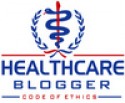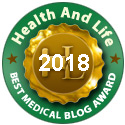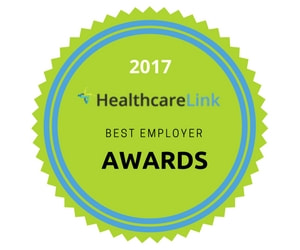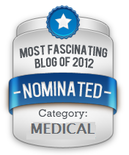Money-Driven Medicine provides the essential introduction Americans need to become knowledgeable participants in healthcare reform, now and in the years ahead. Produced by Academy Award winner Alex Gibney (Taxi to the Dark Side; Enron: The Smartest Guys in the Room) and based on Maggie Mahar's acclaimed book, Money Driven Medicine: The Real Reason Health Care Costs So Much, the film offers a behind-the-scenes look at how our 2.6 trillion dollar a year healthcare system went so terribly wrong and what it will take to fix it.
The U.S. spends twice as much per person on healthcare as the average developed nation, fully one-sixth of our GDP - yet our outcomes, especially for chronic diseases, are very often worse. What makes us different? The U.S. is the only industrialized nation that has chosen to turn medicine into a largely unregulated, for-profit business.
Effective Care or More Expensive Care In Money-Driven Medicine, Dr. Donald Berwick, president of the Institute for Health Care Improvement, explains: “We get more care, but not better care.” Our fee-for-service system channels resources into the high-tech, high-cost “rescue care” patients need after they become critically ill, while it skimps on the preventive primary care which could keep them out of the hospital in the first place. As a consequence, emergency rooms overflow while family practitioners are becoming an endangered species. Medical students explain that these perverse pay incentives drive them away from primary care into higher-paying specialties.
Medical ethicist Larry Churchill doesn’t mince words: “The current medical care system is not designed to meet the health needs of the population. It is designed to protect the interests of insurance companies, pharmaceutical firms, and to a certain extent organized medicine. It is designed to turn a profit. It is designed to meet the needs of the people in power.”
These businesses comprise the “medical-industrial complex” which has wrested power from physicians, turning healthcare into a commodity and patients into profit centers. As the eye-opening ads in Money-Driven Medicine reveal, the more new drugs, surgical procedures, diagnostic devices and hospital beds the health industry can produce, the more they can sell - whether we need them or not. It’s called “supply-driven demand” and it’s possible because a sick person can’t say no.
Although many uninsured and underinsured Americans receive too little care, the well-insured often get unnecessary, even risky care. More than two decades of studies by researchers at Dartmouthreveal that one-third of our healthcare dollars are squandered on useless tests and ineffective or unproven procedures no better than the less-costly ones they replace.The studies demonstrate that evidence-based, accountable care would be both more effective and less expensive.
Taking Back Healthcare
In Money-Driven Medicine frustrated doctors and outraged patients testify to the tragedies which can happen when profit trumps patients’ needs. Veteran physicians stress that reform must begin with a new doctor-patient partnership based on consistent, informed, shared decision-making. “Before patients can reclaim their rightful place at the center of our healthcare system,” Maggie Mahar notes, “we must empower doctors and nurses to practice patient-centered care based, not on corporate imperatives, but on the best scientific research available.”
Money-Driven Medicine will encourage health professionals and patients to work together to take control of American medicine back from the MBAs. The film will alert viewers that universal coverage is just the first step in a long and arduous battle for comprehensive reform continuing well after whatever bill Congress passes this Fall. We have seen that the industry’s lobbyists will resist every measure aimed at cost-containment and results-based care.
Screening Money-Driven Medicine will help viewers distinguish between structural change and sham reform. It will convince them that a sound, sustainable medical infrastructure is crucial not just to their personal futures but to the economy and society as a whole - why curing America’s healthcare crisis could be a matter of national life and death.
To view a transcript of the documentary, please visit http://moneydrivenmedicine.org/about-mdm/transcript. To buy or rent and screen the documentary, please visit http://moneydrivenmedicine.org/buyrentwatch.

 RSS Feed
RSS Feed































